Introduction
In the realm of traditional medicine and folk remedies, the use of animals and insects as therapeutic agents dates back centuries. Among these unique ingredients, scorpions hold a peculiar place, particularly in the practice of infusing them into liquor—a process believed to yield various health benefits. Known as scorpion-infused liquor or scorpion wine, this practice is deeply rooted in the cultures of China, Southeast Asia, and some parts of Africa, where scorpions are revered not only for their medicinal properties but also for their symbolic significance. This article delves into the intricacies of how to prepare scorpion-infused liquor, exploring its historical context, the scientific basis (if any) behind its purported benefits, and the step-by-step process involved in creating this unique brew.
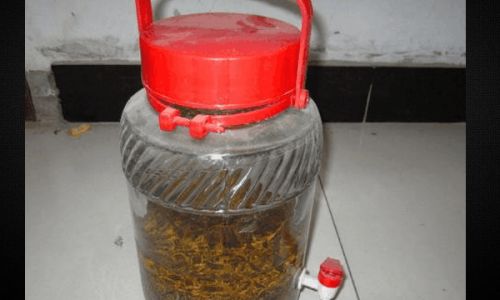
Historical Context and Cultural Significance
The use of scorpions in medicine predates written history. Ancient civilizations, including those in Egypt, Greece, and China, recognized scorpions for their potential therapeutic value. In traditional Chinese medicine (TCM), scorpions are considered to have properties that can alleviate pain, reduce inflammation, and even treat conditions like stroke and seizures. The belief in their medicinal prowess led to the development of scorpion-infused liquor, a practice that combines the healing properties of scorpions with the preservative and flavor-enhancing qualities of alcohol.
Culturally, scorpions are often associated with bravery, resilience, and transformation. In some regions, drinking scorpion-infused liquor is seen as a rite of passage or a symbol of courage. It is also believed to bring good fortune and protect against evil spirits. These beliefs, coupled with the perceived health benefits, have kept the tradition alive despite modern advancements in medicine.
Scientific Basis and Purported Benefits
While the cultural significance and anecdotal evidence surrounding scorpion-infused liquor are abundant, the scientific basis for its benefits is less clear. Scorpion venom contains a complex mixture of neurotoxins, enzymes, and peptides that can have powerful effects on the human body. In controlled settings, venom extracts have been studied for potential applications in pain management, cancer treatment, and even as anti-inflammatory agents.
However, it’s crucial to note that these studies typically involve highly purified venom components, not whole scorpions soaked in liquor. The effectiveness and safety of consuming whole scorpions infused in alcohol are largely unknown and may vary depending on the species of scorpion, the concentration of venom extracted, and the duration of infusion.
Some traditional practitioners argue that the alcohol extraction process may help to release beneficial compounds from the scorpion’s venom, but this remains speculative without rigorous scientific testing. Furthermore, there are concerns about potential toxicity and the lack of standardization in homemade scorpion-infused liquor, which could lead to unpredictable health outcomes.

Preparing Scorpion-Infused Liquor: A Step-by-Step Guide
Despite the scientific uncertainties, the preparation of scorpion-infused liquor remains a popular folk remedy. If you decide to embark on this endeavor, it’s essential to approach it with caution, respecting both the potential risks and the cultural significance involved. Here’s a step-by-step guide to preparing scorpion-infused liquor safely:
-
Selection of Scorpions: Choose live scorpions preferably from a reputable source. Ensure they are clean and free of parasites. Some species are more potent than others, so research the specific scorpion you intend to use and its potential effects.
-
Preparation of the Scorpions: Before infusing, it’s advisable to clean the scorpions thoroughly. Some practitioners recommend removing the stinger and venom sac to reduce potential toxicity, but this step is controversial as it may alter the desired properties of the final product.
-
Choice of Alcohol: High-proof liquor, such as vodka or grain alcohol, is preferred for extraction due to its ability to preserve and potentially extract active compounds from the scorpions. Avoid using low-alcohol content beverages, as they may not effectively preserve the scorpions or extract their components.
-
Infusion Process: Place the cleaned scorpions in a glass jar and pour in enough alcohol to fully submerge them. Seal the jar tightly and store it in a cool, dark place for several months to allow for extraction. The longer the scorpions are infused, the stronger the liquor is likely to be.
-
Straining and Bottling: After the desired infusion time, strain out the scorpions using a fine-mesh sieve or cheesecloth. Discard the scorpions and pour the liquor into clean, sealed bottles. Label the bottles with the date of preparation and any relevant information about the scorpion species used.
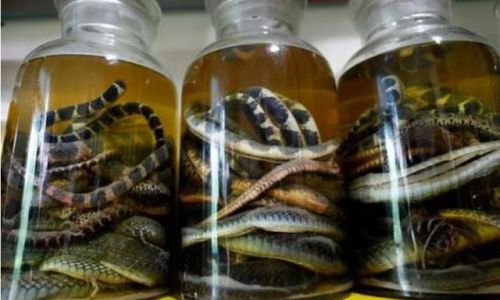
-
Consumption and Safety: Start with small amounts to assess your tolerance. As with any folk remedy, consult with a healthcare professional before consuming scorpion-infused liquor, especially if you have any pre-existing health conditions or are pregnant.
Conclusion
The practice of infusing scorpions into liquor is a fascinating blend of ancient wisdom and cultural tradition. While the scientific community has yet to fully embrace its benefits, the cultural significance and anecdotal evidence continue to drive its popularity. If you choose to explore this practice, do so with respect for the tradition, caution regarding potential risks, and a willingness to learn from both historical knowledge and modern science.
Remember, the art of scorpion-infused liquor is not just about creating a potent brew but also about honoring the delicate balance between nature’s gifts and human ingenuity. Approach it with curiosity, reverence, and a healthy dose of skepticism, always prioritizing your safety and well-being.
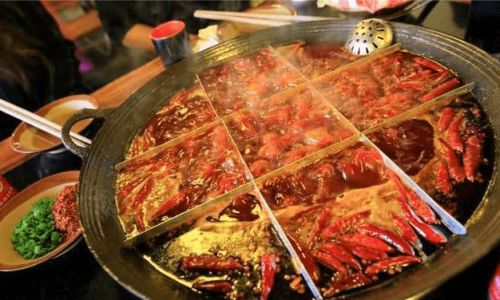
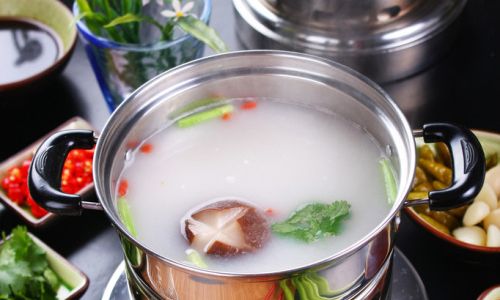
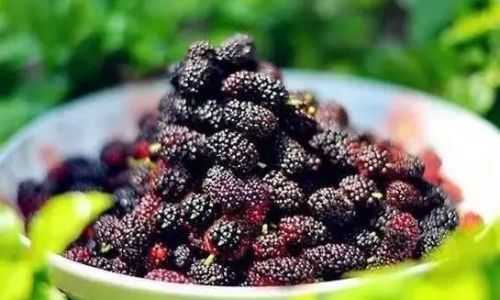
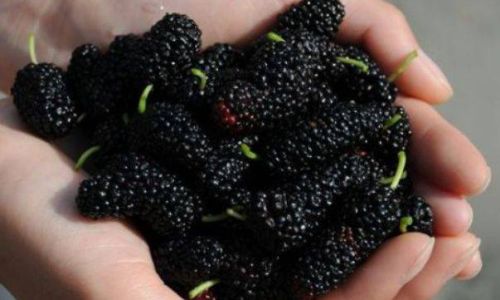
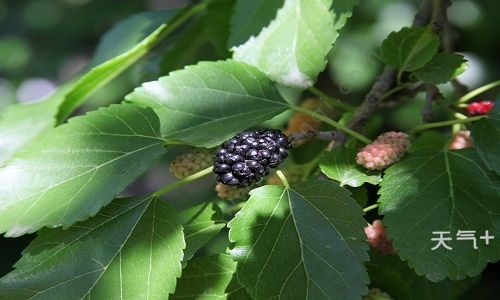
0 comments